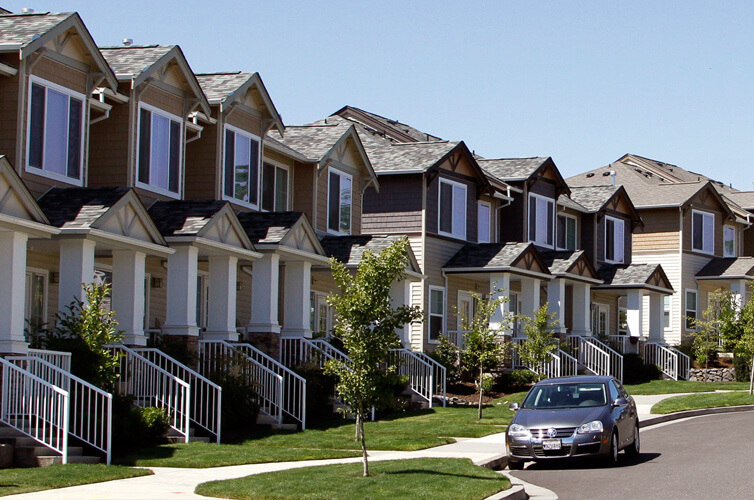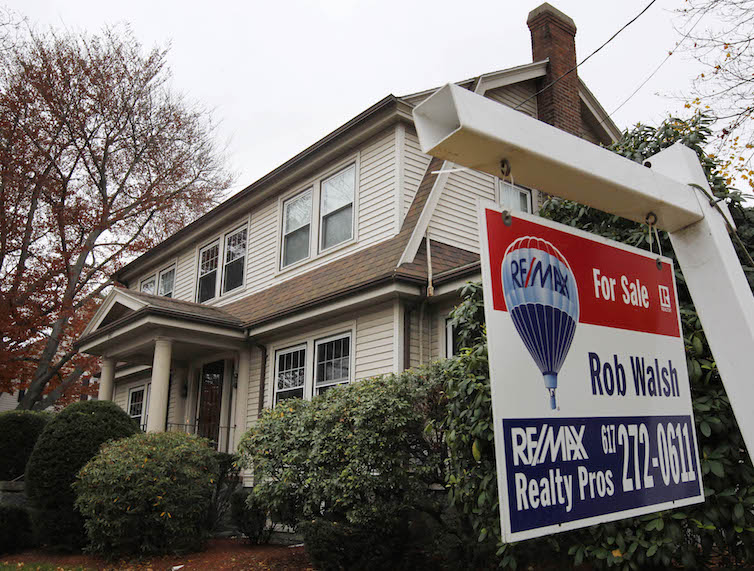Economic policy often focuses on metrics of economic growth, such as GDP, that don’t capture the many other ways policies impact the wellbeing of communities, families, and individuals across the country. Equitable Growth highlights relevant, cross-cutting work that enhances our understanding of how economic policy impacts not just economic growth but also families’ wellbeing.
Featured work
What is social infrastructure, and how does it support economic growth in the United States?
January 26, 2023
January 26, 2023
Expert Focus: Examining the implications of financial well-being and asset building
January 18, 2023
January 18, 2023
A missed opportunity to expand the Child Tax Credit will affect U.S. families and the broader economy now and for years to come
December 21, 2022
December 21, 2022
The economic impact of housing insecurity in the United States
December 8, 2022
December 8, 2022
Household insecurity matters for U.S. macroeconomic stability
May 16, 2018
May 16, 2018
Is moving to a new place key to upward mobility for U.S. workers and their families?
February 14, 2022
February 14, 2022
Explore Content in Economic Wellbeing481
A research roundup on unpredictable schedules in the United States
June 14, 2017
June 14, 2017
Who loses disability insurance when it’s harder to apply?
June 12, 2017
June 12, 2017
Trump administration 2018 budget swaps heavy cuts to education for focus on school choice
May 25, 2017
May 25, 2017
How the opening to China may have partially fueled the U.S. housing bubble
May 11, 2017
May 11, 2017
The importance of raising the minimum wage to boost broad-based U.S. economic growth
May 10, 2017
May 10, 2017
Minimum wages and the distribution of family incomes in the United States
April 26, 2017
April 26, 2017
The importance of unemployment benefits for protecting against income drops
April 25, 2017
April 25, 2017
Minimum wages and the distribution of family incomes
March 28, 2017
March 28, 2017
Look to the 49th state for basic-income guidance
March 27, 2017
March 27, 2017
Explore the Equitable Growth network of experts around the country and get answers to today's most pressing questions!


















